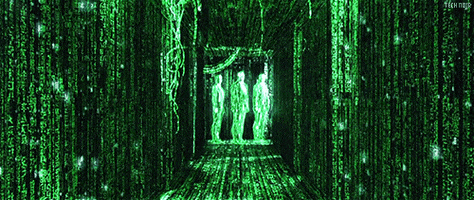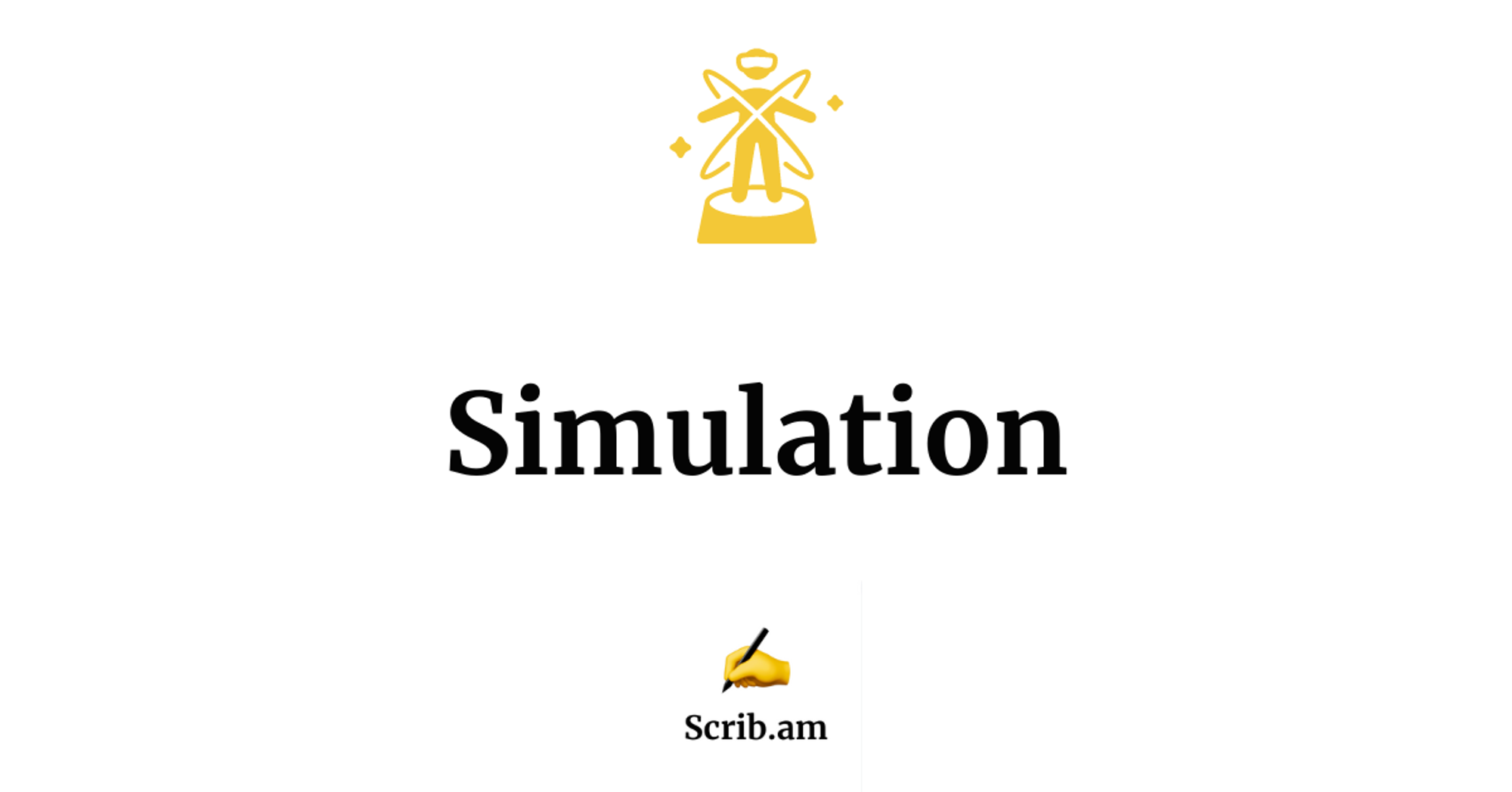We assume that everything we can see, smell and touch in the physical world is real, as opposed to the things we imagine in dreams and hallucinations.
But is it truly the case?
Or are we trapped inside a simulated reality, as in the dystopian movie The Matrix (1999)?
You ever have that feeling where you’re not sure if you’re awake or still dreaming?
Neo, The Matrix.
Neo’s existential question reminds us of Zhuangzi’s Butterfly Dream
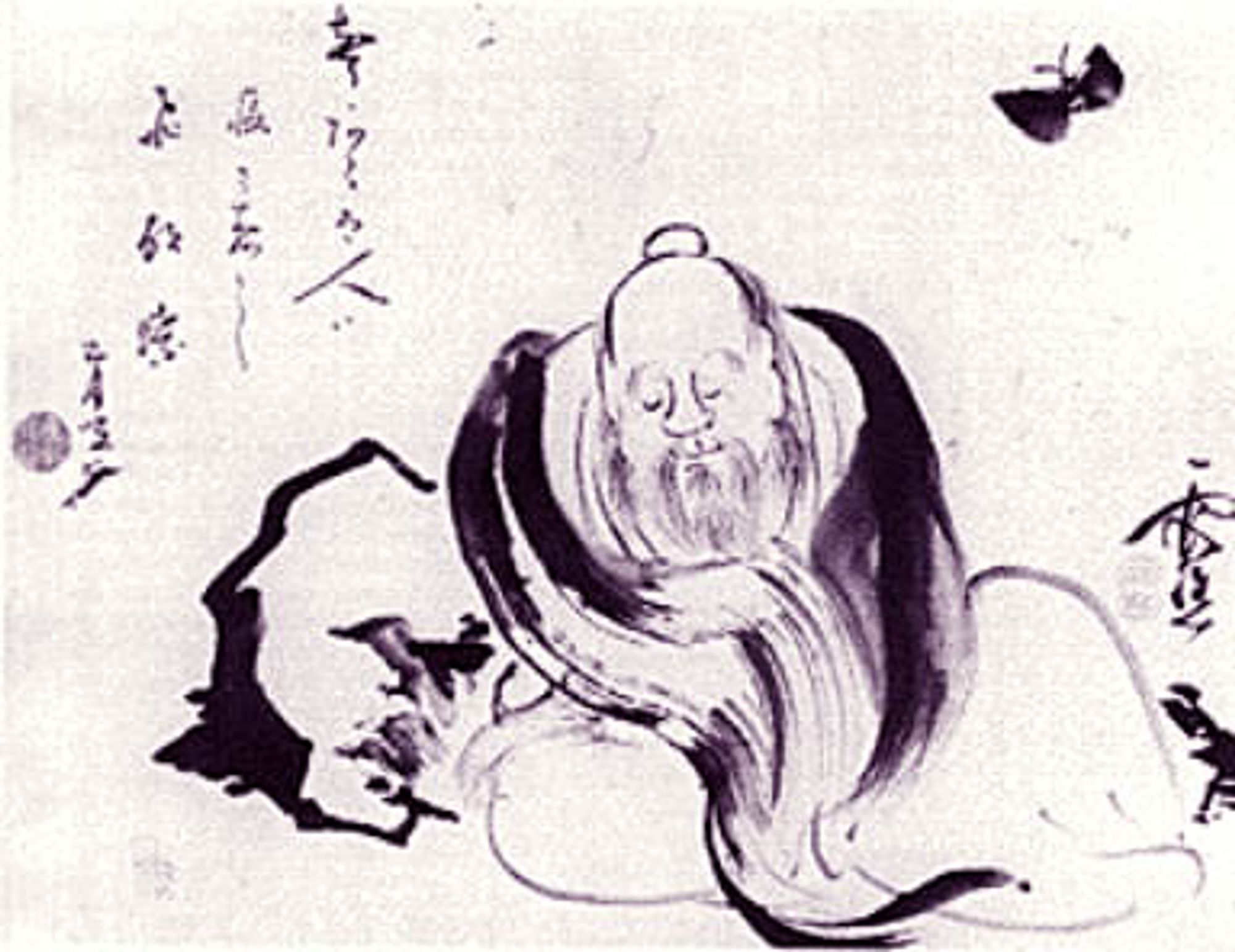
Zhuangzi told the story of a night when he was dreaming of flying as a beautiful butterfly. Suddenly waking up, he thought: am I the real Zhuangzi who has just dreamed he was a butterfly or am I the butterfly now dreaming that he’s Zhuangzi?
What is real? What is not?
The simulation hypothesis
The hypothesis was popularized in its current form by Nick Bostrom, a philosopher at the University of Oxford, as a potential conclusion of his 2003 simulation argument, articulated around 3 possibilities, among which one is true:
1° a civilization like ours would go extinct before reaching technological maturity, i.e. the capability to run “ancestor simulations”
2° there would be a strong convergence between all technological immature civilizations which would all lose interest in one day running such ancestor simulations
3° we’re almost certainly living a simulation
If we believe that our descendants or other civilizations (already more mature than ours) would be capable and willing to design hyper-realistic ancestor simulations, then we’re most certainly living in one of those simulations.
Are we living in a hyper-realistic game?
Elon Musk declared in 2016 that the strongest argument for us being in a simulation is the blazing fast improvement in game design.
In 1972, Pong consisted of two rectangles on a dark screen, with a dot moving in between.
Now we have AR/VR games and are building the Metaverse.
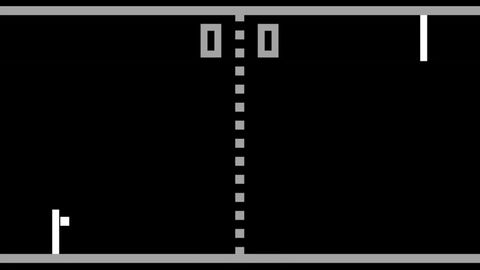
If you assume any rate of improvement at all, games will eventually be indistinguishable from reality… even if it’s 10,000 years in the future, which is nothing in the evolutionary scale. There is one in a billion chance that this is base reality.
In other words, we’re most likely living in a simulation.
The simulation debate isn’t new. 400 years ago René Descartes already wondered whether we are just being fooled by an evil demon into thinking that the world around us is real when it is not. He then declared that the only thing we could be sure of is our own self-consciousness: Cogito Ergo Sum - “I think therefore I am”.
Perception creates reality
A fruit doesn’t have a colour, a flavour or a scent until there’s a person to see it, taste it or smell it. Perception creates reality. So you could argue that the reality around us exists simply because we experience it, at a collective and individual level.
Donald Hoffman, Cognitive scientist at UC Irvine, declared in Lex Fridman’s podcast that
Whatever reality is, it’s not what you see. What you see is just an adaptive fiction.
Basically, our perception would be like a VR headset which would construct reality as we experience it, in the same way that a User Interface (UI) enables us to operate a computer, by abstracting the inner workings of the machine: the pointer of a mouse doesn’t “exist”, it’s just a way to simplify our navigation in the system.
Is there any meaning in a simulation?
As mentioned in a Guardian article about the simulation theory, “one commonly despairing reaction to the idea that we might all be simulated is that this renders our lives meaningless”.
I’m not sure how the existence we live today would have much more absolute meaning than a simulated one. At a cosmic scale, whether you like it or not, a human life doesn’t have much meaning, at least no more than an ant’s life or a tree’s life.
We’re all part of this vast ecosystem but neither our presence nor our absence have any meaningful impact on the global picture, as brilliantly demonstrated by this Arte documentary (in French).
VR and RR are both real
Moreover our “real reality” (RR) could be seen as a temporary juxtaposition of volatile elements (quantum-wave packets), just as VR games are made up of digital ones and zeros.
Intrinsically, both RR and VR share the same realness.
Here’s how Australian philosopher David Chalmers addresses the simulation question in a presentation of his book Reality+:
I argue that even if we’re in a simulation like the Matrix, the world around us is perfectly real. There are still tables and chairs, planets and people. If I’m right, a simulation is an “it-from-bit” world where real objects are made of digital processes.
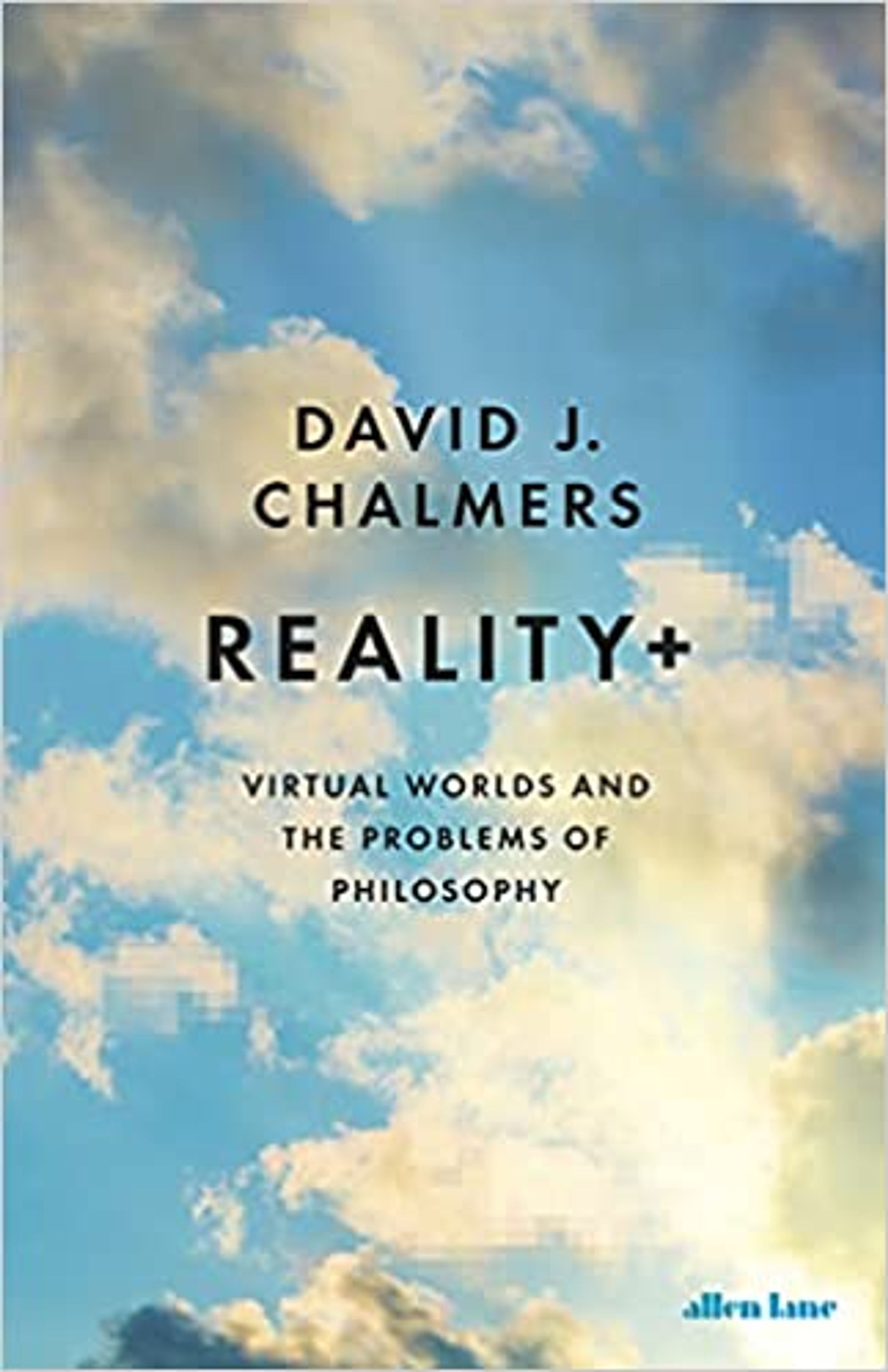
Are we alone in the game?
The simulation theory might also be a convenient way to solve the Fermi Paradox which asks the question of why we don’t see any aliens in the sky when there should be billions of civilizations in the universe.
The Simulator might have decided to leave us alone in the game. And maybe to send us from time to time a puzzling UFO, to monitor our reaction to potential space invaders.
If we’re in a simulation, nothing is far-fetched. Everything becomes possible, as in any game we can already design with our limited resources.
What is the goal of the Simulator?
Is the Simulator a bored teenager in a distant future or a posthuman scientist running a civilization experiment?
What does the Simulator expect? Pure entertainment or some meaningful takeaways to be applied in a “real world” situation?
Robin Hanson, Associate Professor of Economics at George Mason University, said in his 2001 paper “How to live in a simulation”:
We expect our descendants to run historical simulations for several different kinds of reasons. First, some historical simulations will be run for academic or intellectual interest, in order to learn more about what actually happened in the past, or about how history would have changed if conditions had changed. Other historical simulations, however, perhaps the vast majority, will be created for their story-telling and entertainment value. For example, someone might ask their "holodeck" to let them play a famous movie actor at a party at the turn of the millennium.
Could the Simulator turn off the game if it becomes boring or when it reaches its goal?
Could we postpone the end by maximizing the fun or optimizing for the expected outcome?
Only the Simulator knows.
From Hanson’s paper:
If you might be living in a simulation then all else equal it seems that you should care less about others, live more for today, make your world look likely to become eventually rich, expect to and try to participate in pivotal events, be entertaining and praiseworthy, and keep the famous people around you happy and interested in you.
As in our supposedly “real” life, it might be better not to think too much about Game Over and enjoy the ride while it lasts.
Simulation or not, trapped or free, nothing lasts forever.
As strange as it may seem, I would love us to learn that we’re living in simulation. It could force some humility upon those people who think that humanity is the pinnacle of evolution.
